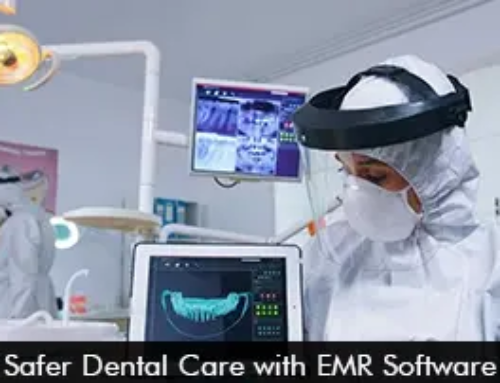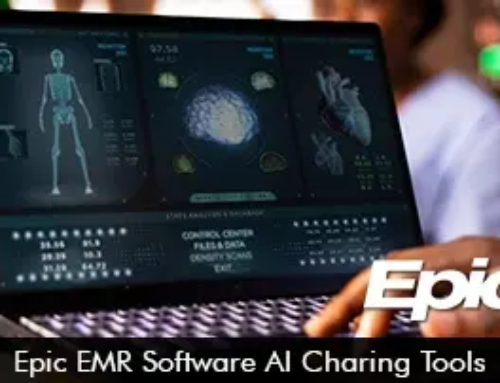Most physicians would agree that EMR software systems (or EHR software systems) have revolutionized the modern landscape of healthcare delivery. However, technology and industries are constantly evolving to meet the changing demands of the world and EHR Systems must do so too.
So, the question remains. With nearly 88% of physicians now using EHR software systems, how can these improve more? If so, what even are the key ‘pain points’ of the modern Electronic Medical Records software system?
Benefits of EMR Software
Electronic Medical Records (EMR) software can bring many benefits and improvements to a practice, including:
- Improved efficiency and workflows
- Increased revenue (through automated accounting and billing for services)
- Better patient engagement (through patient portal software)
- Improved care coordination
- Enhanced data accuracy
- Improved reporting of trends
Future Trends for EMR Software
There are many long-term predictions for how technology could impact the landscape of EMR Software including blockchain, 5G, and the Internet of Things (IoT). Whilst these may not directly impact the medical space, they can potentially bring big developments to clinical technology by improving security and information exchange.
Cloud-Based Software:
It’s also predicted that more practices will shift to cloud-based EMR software, with it providing a huge convenience to accessibility and providing stable, secure and scalable storage.
Interoperability:
Another key point is interoperability. The secure exchange of patient information could prove to be a major improvement for practitioners, allowing them to access the most up-to-date patient information. Vendors such as eClinicalWorks and Epic have already started implementing their own solutions to this, such as eClinicalWorks’ PRISMA search engine or Epic’s EpicCare Link.
Artificial Intelligence and Virtual Assistants:
There are also other trends that have already begun to impact EMR Software such as artificial intelligence (AI) and virtual assistants. There are many applications for artificial intelligence, both from a management and a clinical standpoint, with practices now utilizing artificial intelligence in identifying health trends and even in diagnosis.
Artificial Intelligence in Present Day EHR Software
Additionally, electronic health records software providers have already begun implementing virtual assistants such as the EVA Virtual Assistant from eClinicalWorks. EVA, boasted as the industry’s first virtual assistant, utilizes voice recognition and machine learning, and helps providers to:
- Organize patient data
- Compare progress notes
- View patient balances
- View training and resources
Other providers now utilizing virtual assistants and artificial intelligence also include Cerner and Epic EHR, both deploying AI and Machine Learning algorithms to help better present and process clinical data. As outlined in Epic’s 2020 dev update, there are even plans to have their virtual assistant play an active role in conversations with patients and to even have the assistant automatically write notes for the provider.
Artificial intelligence proves to be an especially compelling development. As more data becomes available to practitioners with IoT healthcare devices (such as fitness/smart watches), the ability to sift through and process large amounts of data automatically could become invaluable and a huge game-changer for the clinical space.
Electronic Medical Records Software has changed the medical industry, and with the constant changes to the industry and technological advancements of recent times shows no signs of slowing down.








